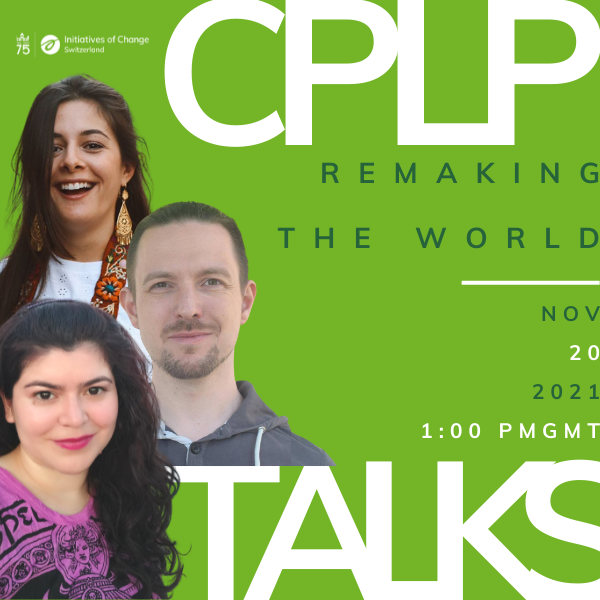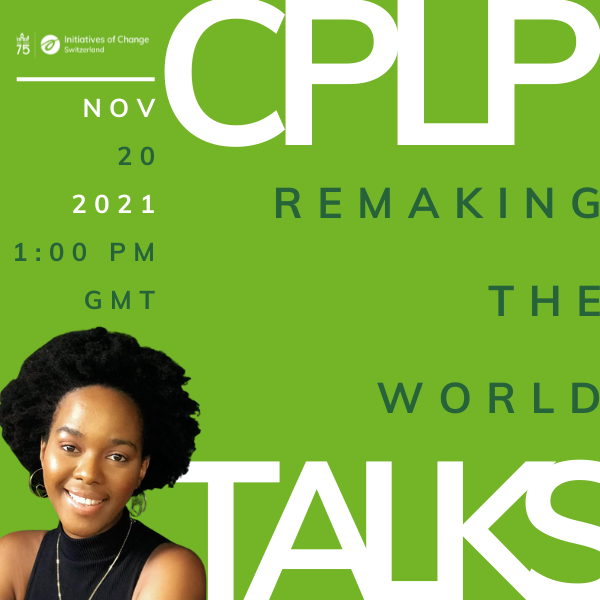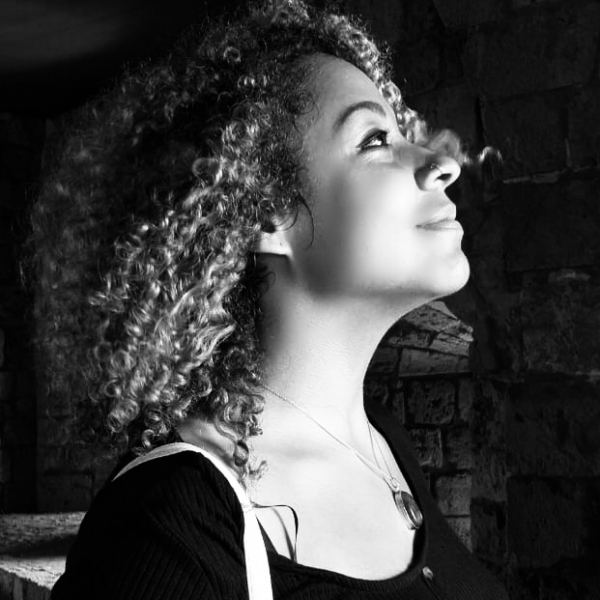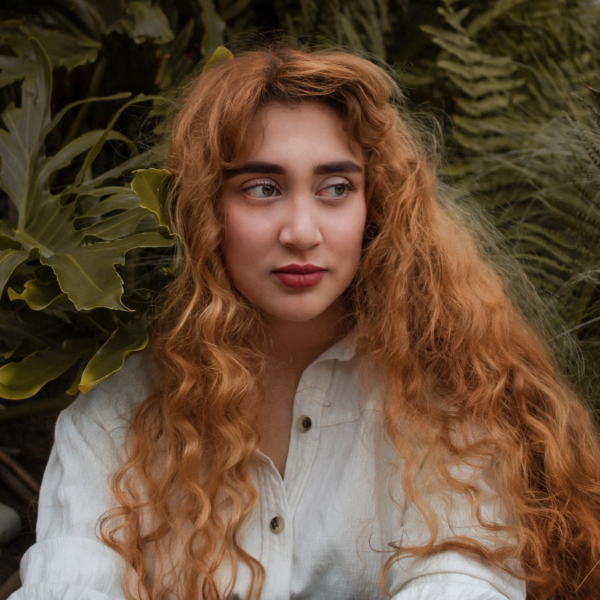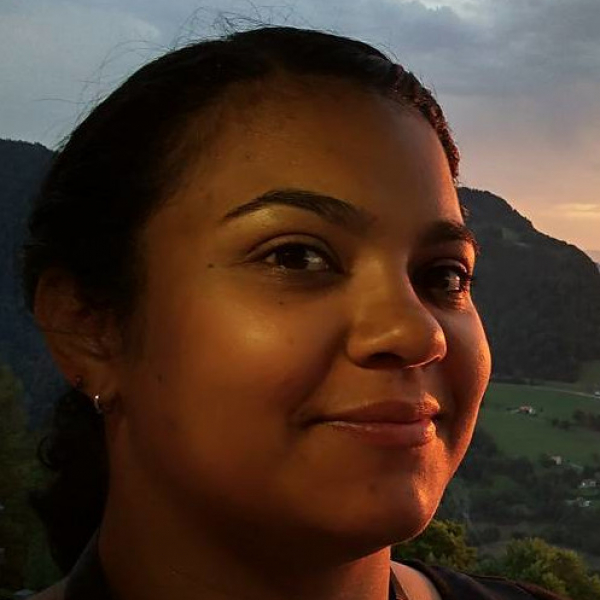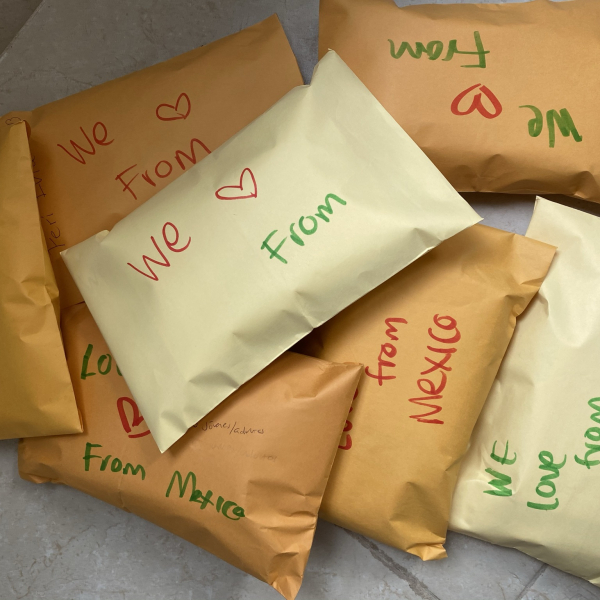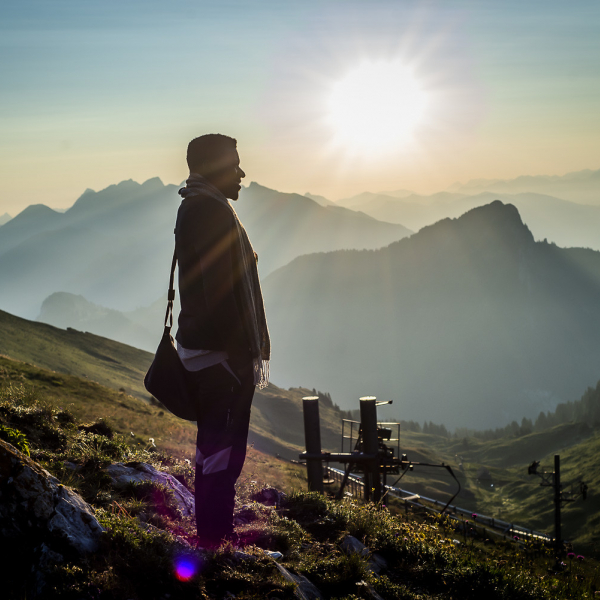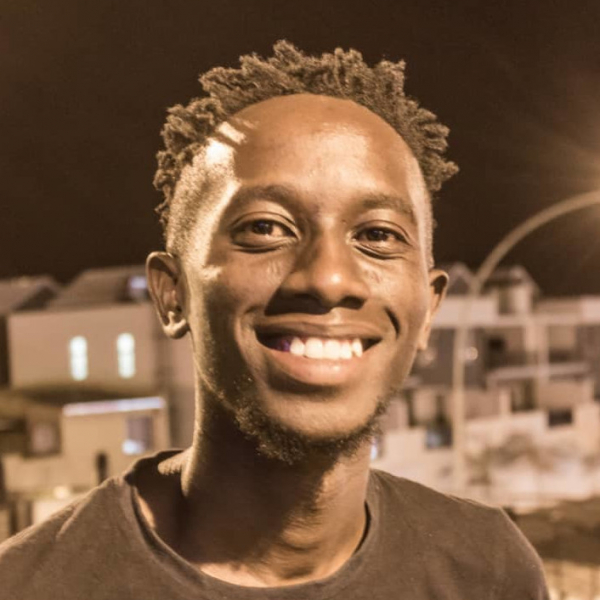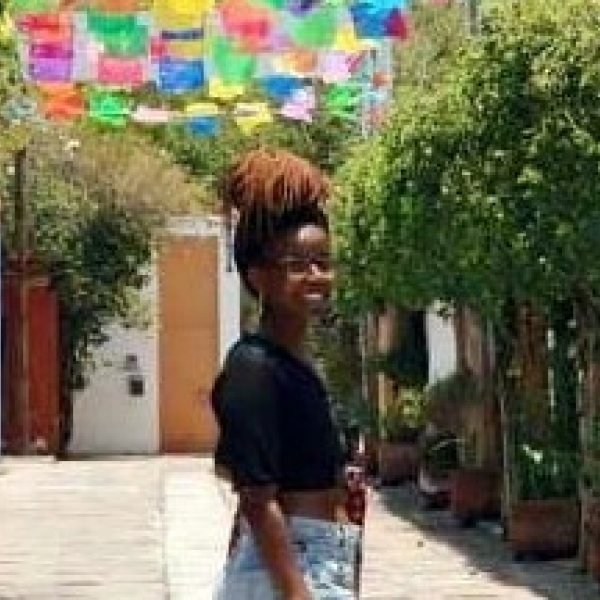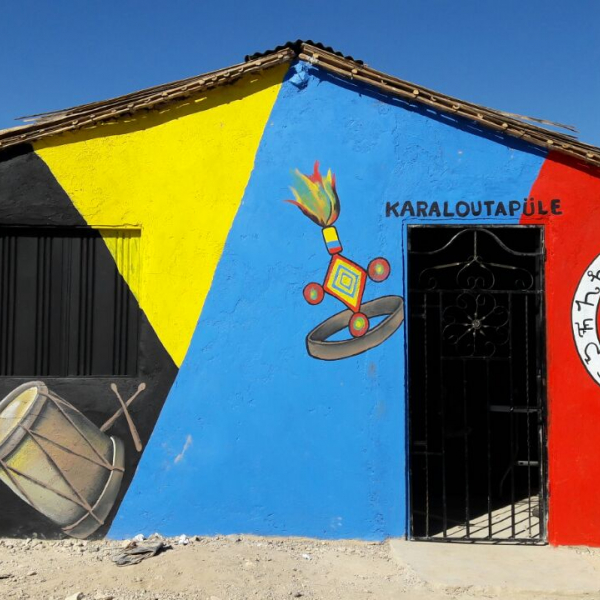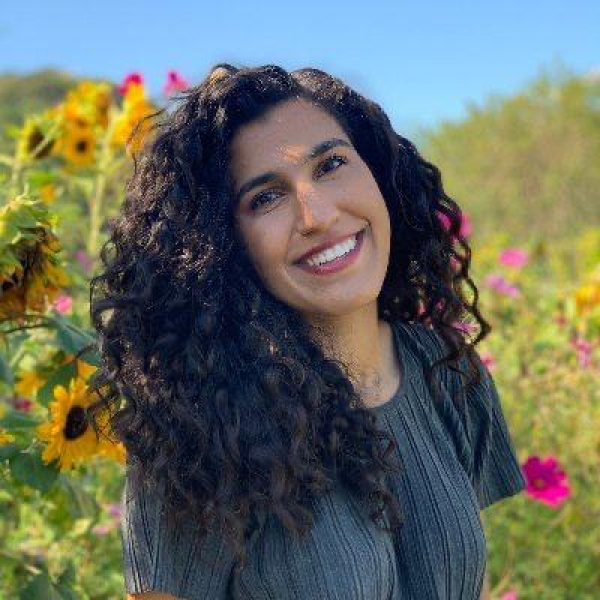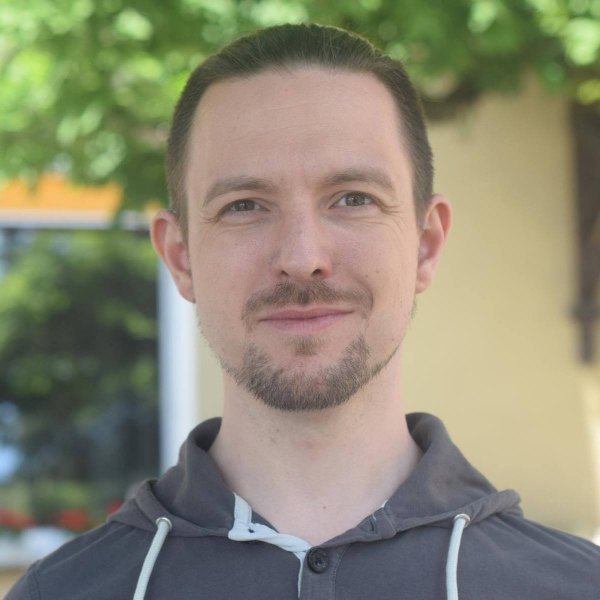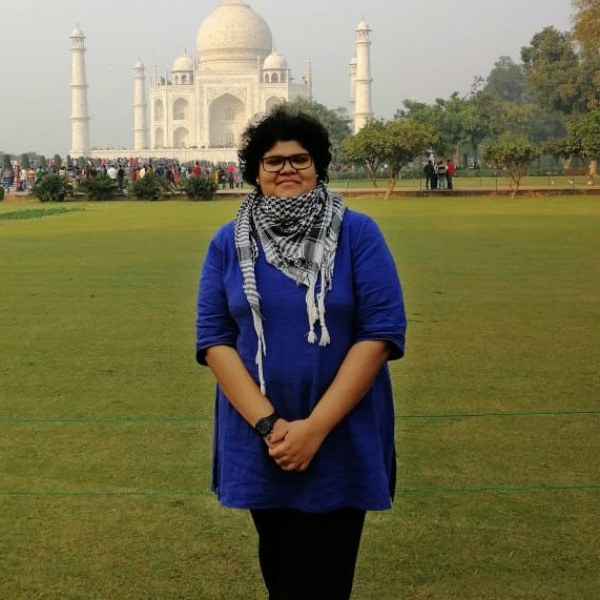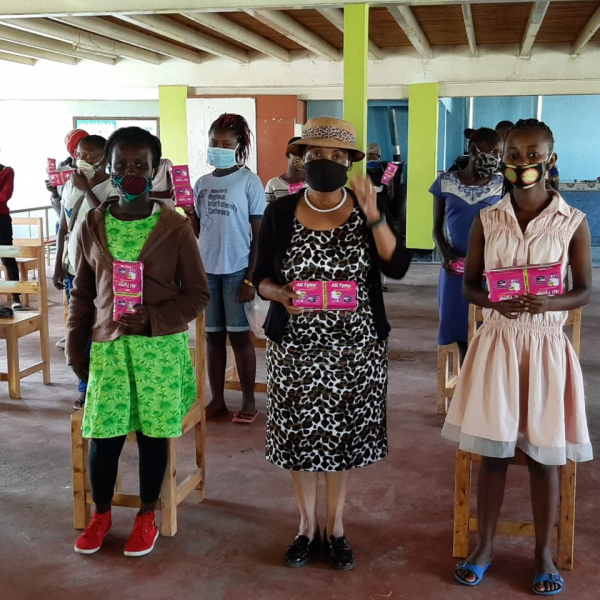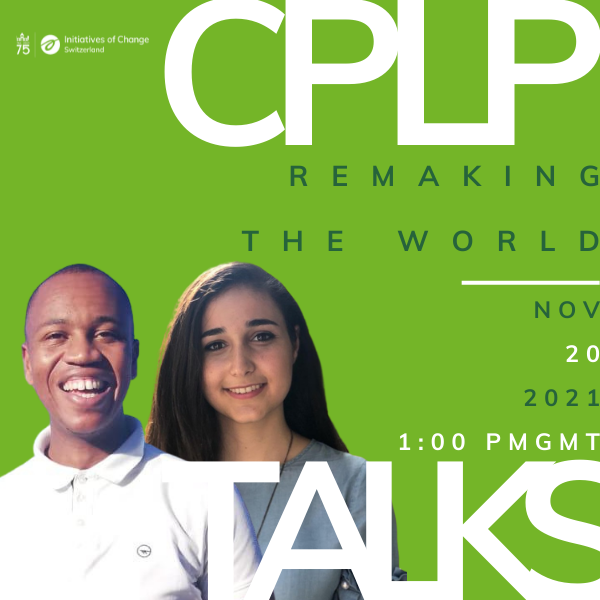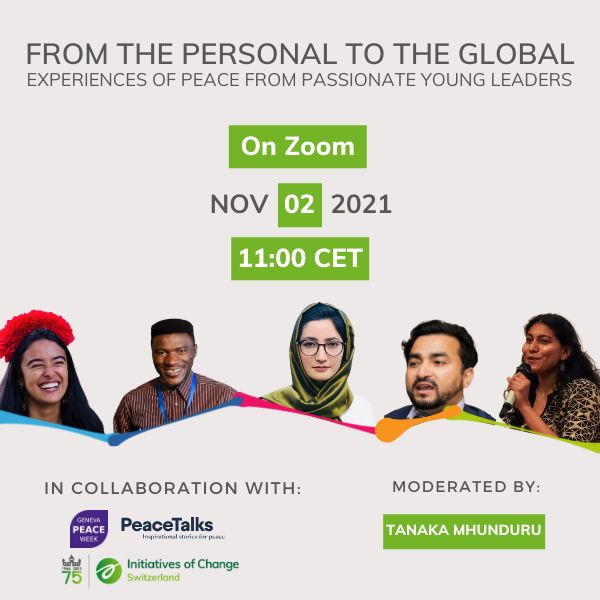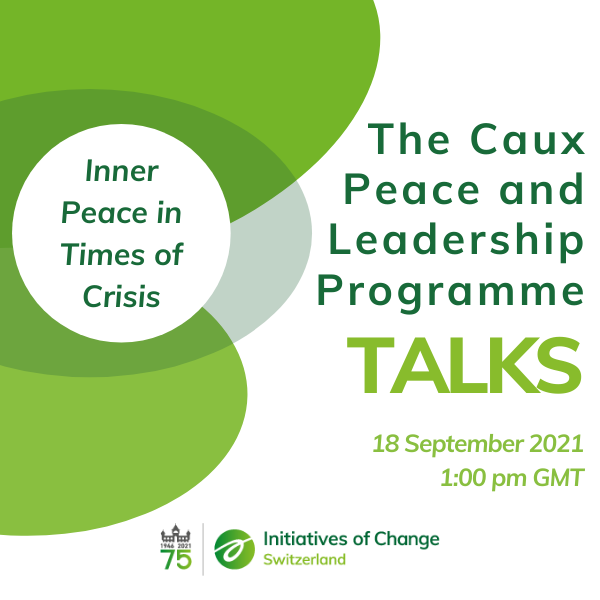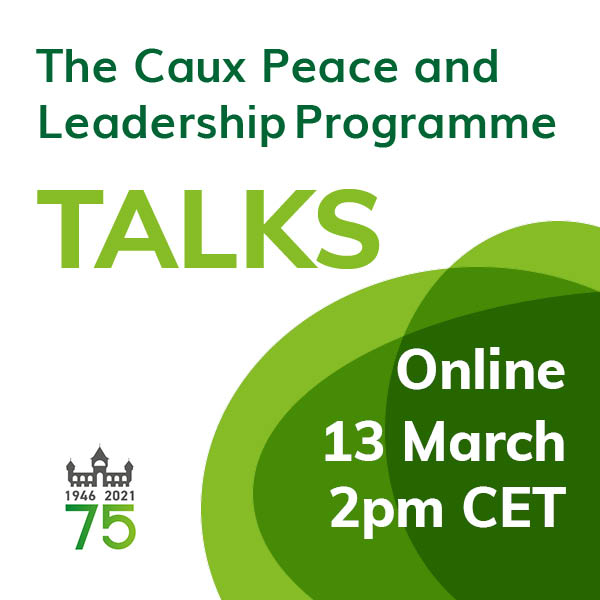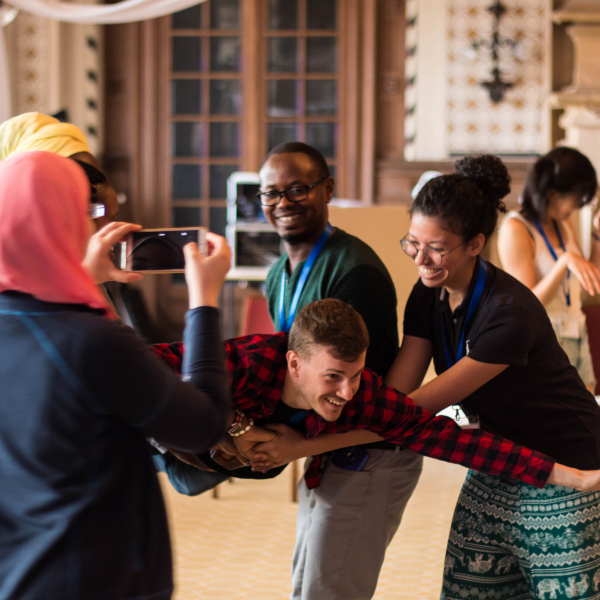Beyond the Rubble: the unseen impact of the Beirut explosion
Caux Peace and Leadership Program (CPLP)
21/09/2020
The Caux Peace and Leadership Programme is a programme of IofC Switzerland. Its alumni from over 40 countries want to make a change in their communities as well as themselves.
As part of the widening outreach of the programme, we are launching a new and thought-provoking series of articles and events which will allow our alumni to share their stories, experiences, challenges and how they have carried what they learnt at CPLP into their daily lives. Each month we will post a new article, offering you inspiration and food for thought and soul-searching. After each article, you can register to discuss the issues in more depth in an on-line follow-up conversation.
The series will start with our friends in Beirut, who have shown immense courage and strength following the devastating events of 4 August 2020. This will be in two parts starting today.
_______________________________________________________________________________________
When a home is a crime scene, you want to fly away, but that makes you want to hold on to it even more.
Antoine Chelala is a young graduate of the American University of Beirut, with a background in business and social psychology. He attended the Caux Peace and Leadership Programme in 2017 and 2019 and was involved in the inaugural Creative Leadership Conference in 2020, which coincided with the first-ever Caux Forum Online. Like many others, he was in Beirut on 4 August 2020, when a massive explosion occurred. This is his story.
I have always had a love-hate relationship with my country and the recent disaster in Beirut has reinforded these contradictory feelings.
Lebanon is home and I love home. There is no other place like it, even when it brings too much pain and sadness. When a home is being killed, destroyed and stolen from you, it is hard to feel safe. When a home is a crime scene, you want to fly away, but that makes you want to hold on to it even more. When justice seems to be unattainable, home will never be peaceful.
The blast that happened at the port of Beirut on 4 August 2020 at 6:07 pm will remain a horror in the hearts of all Lebanese people for ever. On this day, time stopped. A few seconds were enough to change everything. We were all bleeding in one way or another.
The week afterwards seemed to be the longest week of my life. I couldn’t pick up a pen. I will never find the right words to express what our eyes witnessed and what our hearts felt. I keep seeing the images in my head. I keep hearing the sounds. I keep reliving the moment and fearing that it will happen again.
How do I mourn a city? How do I mourn places? Memories? How do I mourn people I never met? Victims I will never know? How do I mourn cultural heritage sites? History and buildings? How do I mourn Beirut?
I have noticed that many people are writing to Beirut. I figured that, just maybe, addressing Beirut as a person might make it easier to cry over a dead city. Beirut, do you still dare to dream after what happened? Are you even listening when we tell you that you will rise again? Can your pain be covered by a layer of hope that we fiercely hold on to? Do you still feel proud when people call you the phoenix? No matter how much I write about you, the ink flowing from my pen will never be able to depict the flowing blood nor the flowing tears. I just need to admit that I will never find the words.
Somehow, I want to hold on to sadness. I want to stay in the stage of grieving because I feel responsible for keeping Beirut’s memory alive. I don’t want to let go too soon. I don’t want Beirut to sink into oblivion. All this pain cannot go away: I want to be moved by it every single day. All this suffering needs to be acknowledged and recognized.
I, and many people around me, feel guilty for not suffering enough. This feeling stands in the way of happiness, inner peace and mental clarity. Everyday activities such as reading a book, taking a walk or watching a movie suddenly became a luxury that only some of us can do. I don’t feel like I deserve these things while Beirut is still in ruins. Too many hearts are shattered, and unlike broken glass, no broom can sweep up these eternal scars. I also feel guilty because I know that, one day, things will go back to normal for me, since we have not lost any close family members, we are all well physically and our house still exists. Hundreds of thousands of other people will not be able to ‘go back to normal’, their lives are changed forever.
If you wish to be part of an online follow-up conversation with the CPLP alumni on Saturday, 10 October 2020 at 14:00 pm CEST, you can sign up through this link. You will find the terms and conditions here.
Find out more about the Caux Peace and Leadership Talks here.
After registering, you will receive a confirmation email containing information about joining the meeting.
- Learn more about the Caux Peace and Leadership Programme.
- Find out more about the Caux Forum.
- Discover Creative Leadership 2020.
